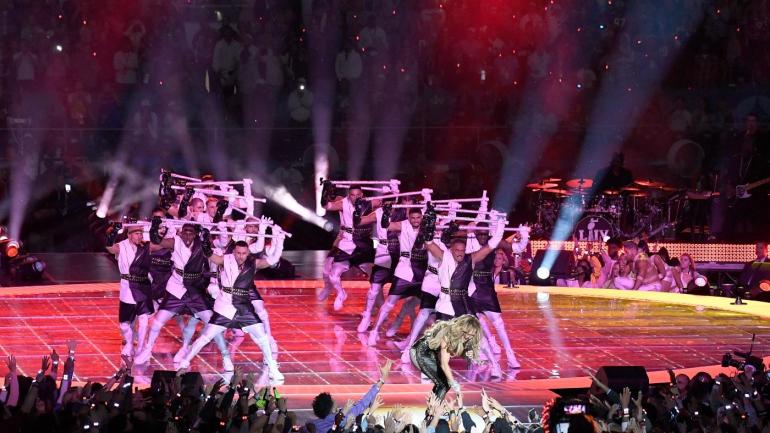
Several NFL teams have received warnings from the music industry in recent weeks about the use of copyrighted music on social media posts, and at least one team has already settled with a record label for a sum in the six figures according to multiple sources.
The push for teams to create innovative digital content the last few years is now being met by legendarily strong record-label forces that seek to protect their licensed music.
"The NFL and its clubs have worked collaboratively with the music industry and artists for decades," NFL spokesman Brian McCarthy said in a statement to CBS Sports. "As a content provider we respect the work and copyrights of music publishers, and we'll look forward to working forward with them further."
Sources told CBS Sports the Arizona Cardinals wound up striking a six-figure settlement with at least one record label. As of publish time, a Cardinals spokesman had not provided a comment.
Sources noted NBA teams have gotten similar notices from the music industry this year. Twitch, the popular streaming platform for gamers, has been hit particularly hard with copyright issues in recent months.
The issue, as I'm told, is not only teams placing copyrighted music into videos without permission. Instead, this revolves around copyrighted music playing in the background of videos. Players dancing to music during practice or music playing in the stadium as a player talks into the camera is the problem. Those videos have become commonplace on team social channels as they've built and grown their digital departments over the past decade.
And while that music was surely paid for — think about someone streaming Apple Music on their phone while connected to a Bluetooth speaker — that doesn't mean the team's social channels can send out videos with music in the background. NFL team digital departments try to be careful about that, but because of the frequency with which they post, sometimes it just happens. (My own Twitter account was suspended in May for a video I posted from a charity function four years earlier with a song playing in the background.)
These notices are known as DMCA takedown notices. DMCA stands for Digital Millennium Copyright Act, a 1998 U.S. copyright law act that essentially allows copyright holders a streamlined way to request their material be taken off the internet if not properly licensed. This is the same act that empowered record labels to sue filesharing sites like Napster and spook — and sometimes sue — college kids pirating music in dorm rooms across America in the early 2000s.
This won't bankrupt teams. In fact, most teams should have insurance that covers them in the event they have to reach a financial settlement. But record labels have been fiercely protective of their property for decades, and this is another extension of that behavior that was most prevalent in the first two decades of this century with pirated music.
Unless sports leagues and teams can find a solution that involves a wide-ranging licensing deal, this could forever alter team- and league-controlled content. Consider all the content that involves players mic'd up on the field before games with music playing in the background? Fans may not be able to see a team turn the locker room into a dance club following a win.
These are all questions teams of all leagues face moving forward as the music industry protects its content.

















